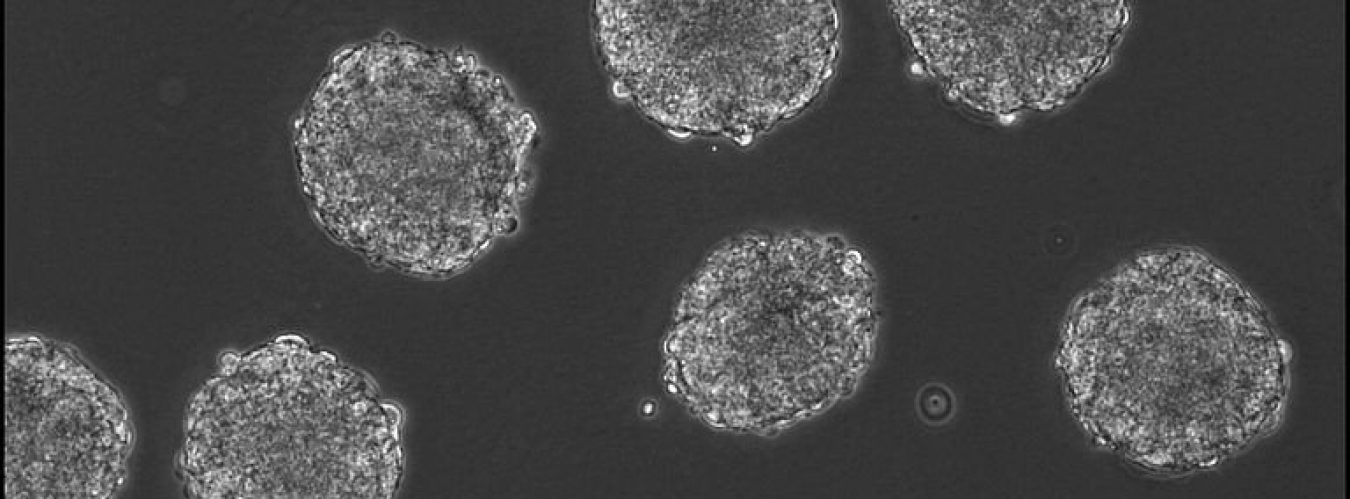A study published yesterday (Aug. 17th, 2020) in “Nature Communications” has indicated that younger females have up to twice as many major histocompatibility complex (MHC) II-based selections. This means that the molecules on the cancer cell’s surface aren’t alerting the immune system properly in order to destroy them. Young and/or female patients tend to have stronger immune systems than older and/or male patients. So, they typically can clear out bad cells more effectively. However, if the cells have mutated surface markers, then the body cannot recognize them as something to eliminate. Thanks to how selective their immune systems are, females and/or young patients end up accumulating more cancer-causing mutations that MHC’s cannot show to the immune system. The tumors that do exist are mostly composed of these cells with poorly-presented MCHs. This is how they can avoid being detected and destroyed. So, thanks to that, checkpoint inhibitor drugs (drugs that block the “don’t eat me” signal on sneaky cancer cells) don’t work as effectively in young and/or female patients. Keep in mind that “young” here isn’t necessarily children. Pediatric tumors are very different from adult tumors. So, we’re talking about adults under 55 years old here. So, we found another snag, but this is just part of scientific progress. The more strengths and weaknesses we can sniff out, the better we can get at developing effective therapies. Here is a link to the article for anyone who is interested: https://www.nature.com/articles/s41467-020-17981-0
Kaitlyn Grayson’s Blog
The journey of a researcher in training
